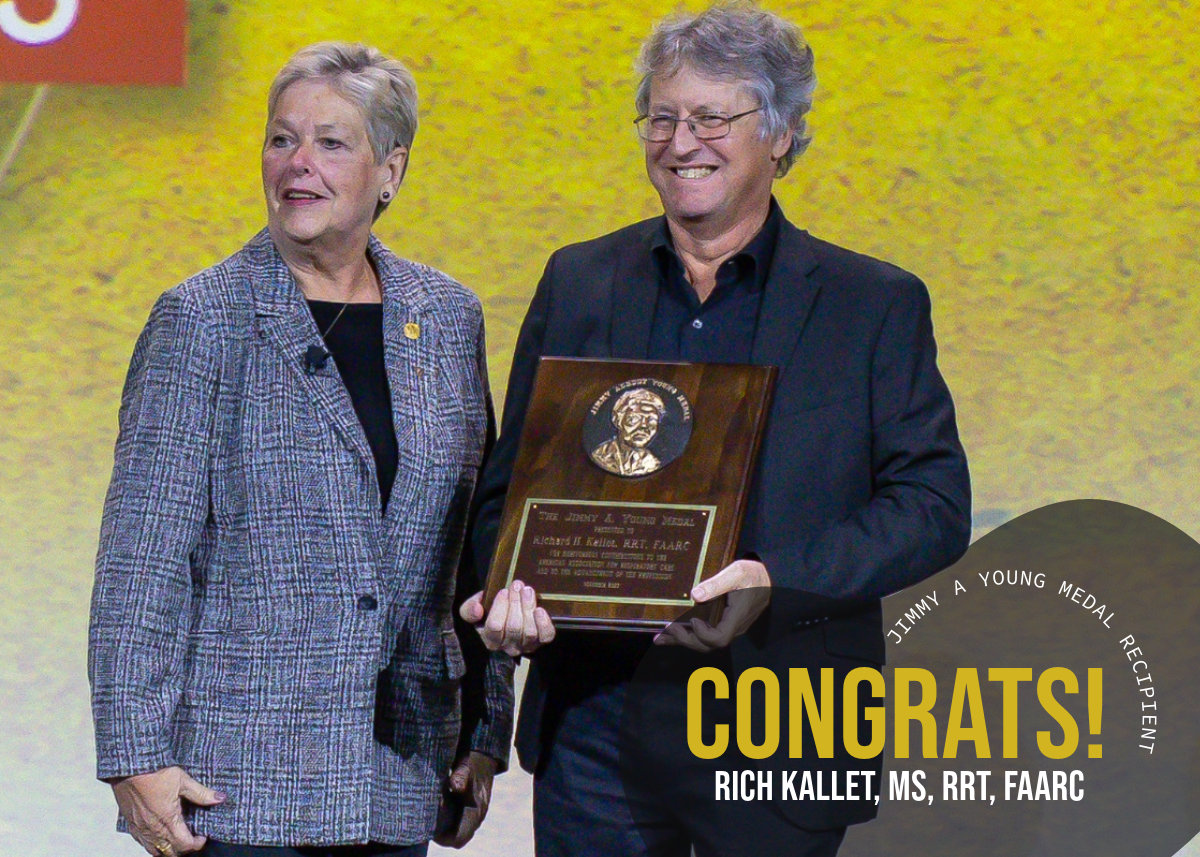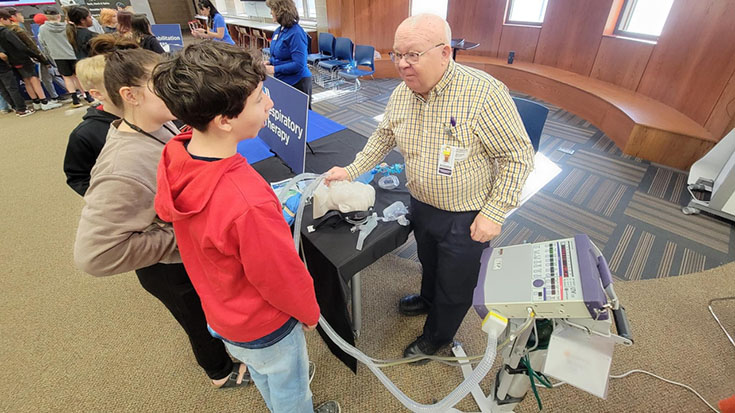
If you are like most people change can be hard. Humans are creators of habit; we like our comfort and routine. Our first instinct is to reject the change and try our best to get back to our comfy spot. However, 2020 has created a lot of disruptions in our daily routine, both personally and professionally.
This article will give guidance and steps to handling change in a positive way. To do this, we enlisted the help of AARC member Cheryl A. Hoerr, RRT, MBA, director of respiratory and sleep services at Phelps Health.
What are some of your personal tips to embracing change?
“The trick is to stop the negative thoughts and develop some curiosity about the change,” Hoerr said. “Curiosity doesn’t necessarily mean you’re giving in to the proposed change, but it encourages you to ask questions about the change.”
- Why are we changing?
- What are the benefits?
- What’s in it for me?
- How quickly does the change need to happen?
- Do I have the skill set to accommodate the change?
Finding the answers you need to these questions can alter your perspective about the change and give you the direction you need to either support the change or present a reasoned argument against it.
Why is change necessary?
“It’s just a reality that everything changes,” Hoerr said. “People age, new technology is developed, our knowledge increases, etc. Change is necessary to ensure survival, competitiveness, quality, and excellence. If you aren’t changing, and everyone else is, you’re going to be left behind and you will not be successful.”
What should RTs do if they don’t agree with the change?
“If you don’t agree with the proposed changes, then make sure your thoughts or ideas are known, politely and respectfully,” Hoerr said.
She suggests participating as a member of the group who is suggesting the changes. And, if you can’t join the group, she recommends discussing your concerns with the group members. Share your observations and any evidence to back up your position.
“Don’t just dig your heels in with a resounding ‘NO,’” Hoerr said. “Propose different ideas that you feel are better. But keep an open mind. Maybe you aren’t aware of all the issues and conditions that are the impetus behind the change initiative.”
Words of wisdom
“It seems that change never happens in a straight line,” Hoerr said. “Just as soon as you think you have the new process down cold; something changes to upset your plans. Flexibility is a key component to change and lots of patience!”
Cheryl’s recommendations
Email newsroom@aarc.org with questions or comments, we’d love to hear from you.














